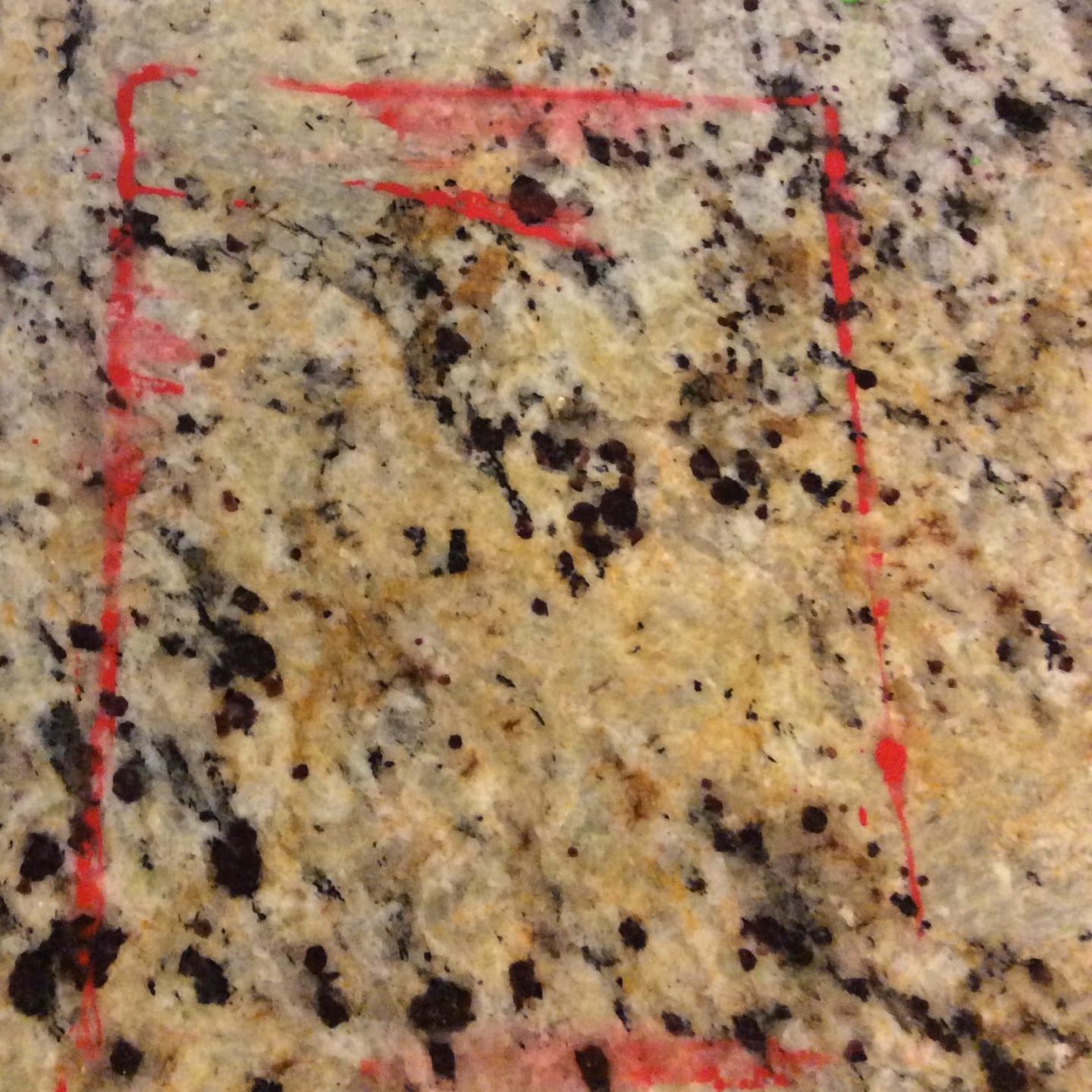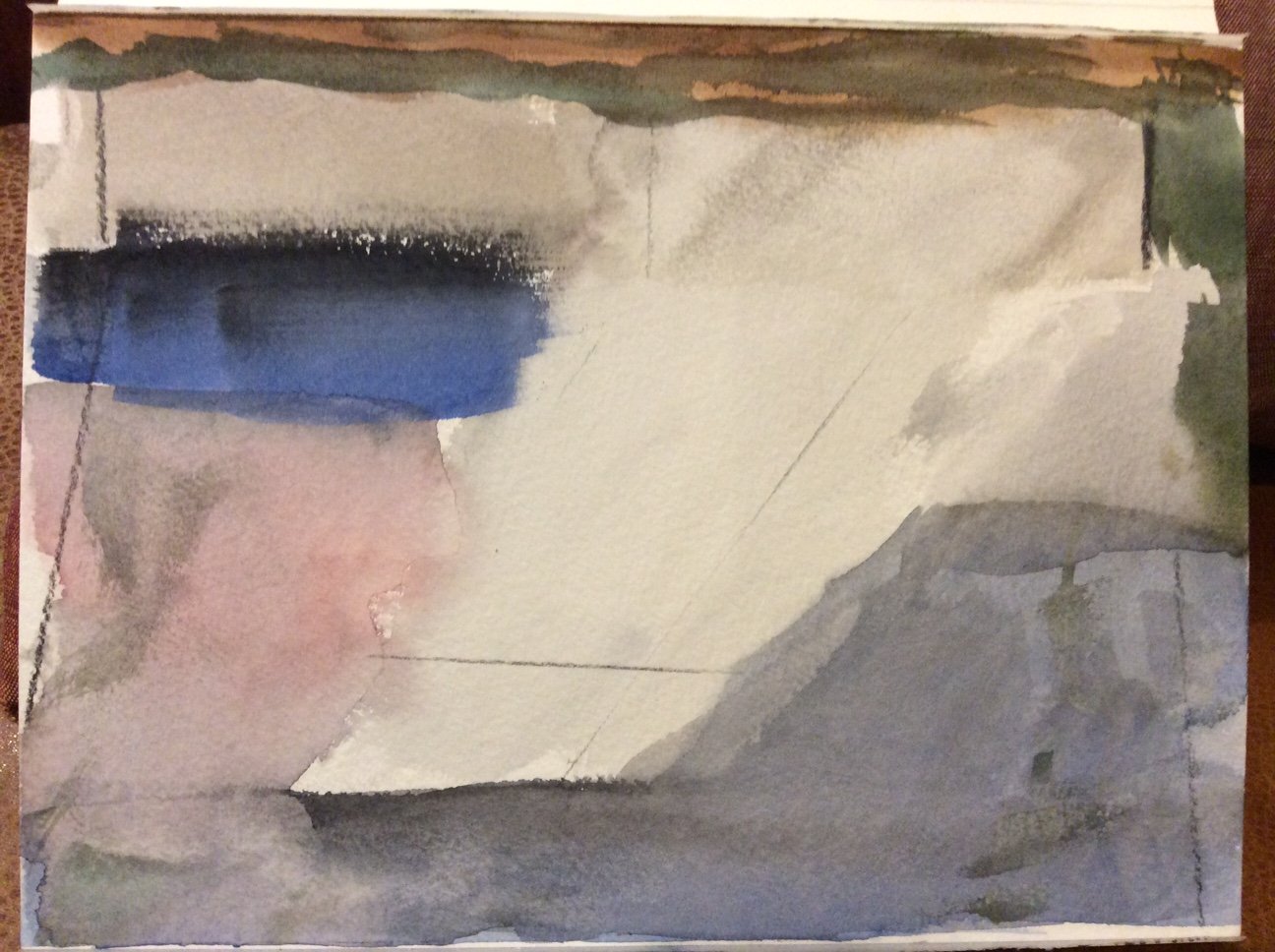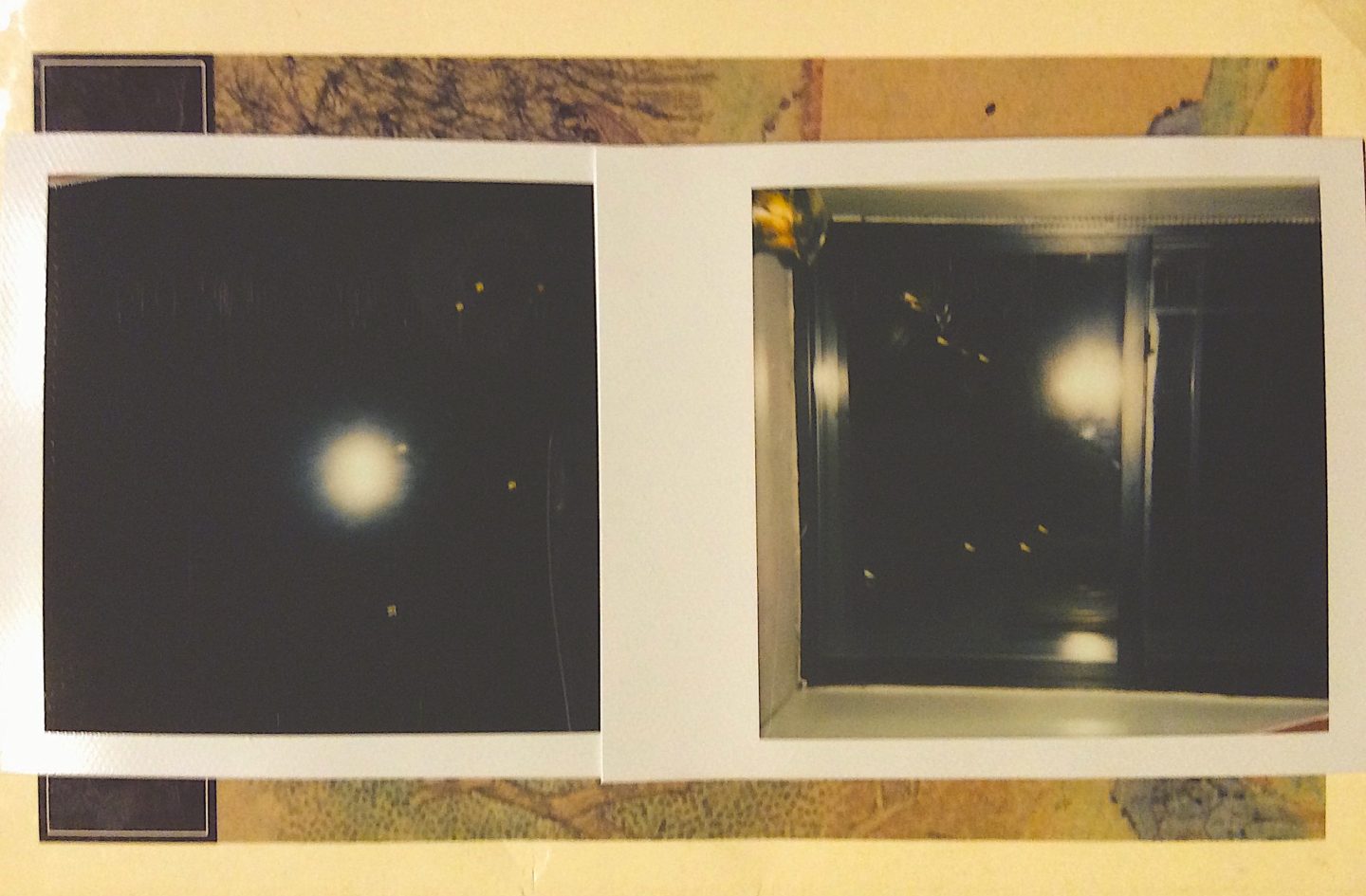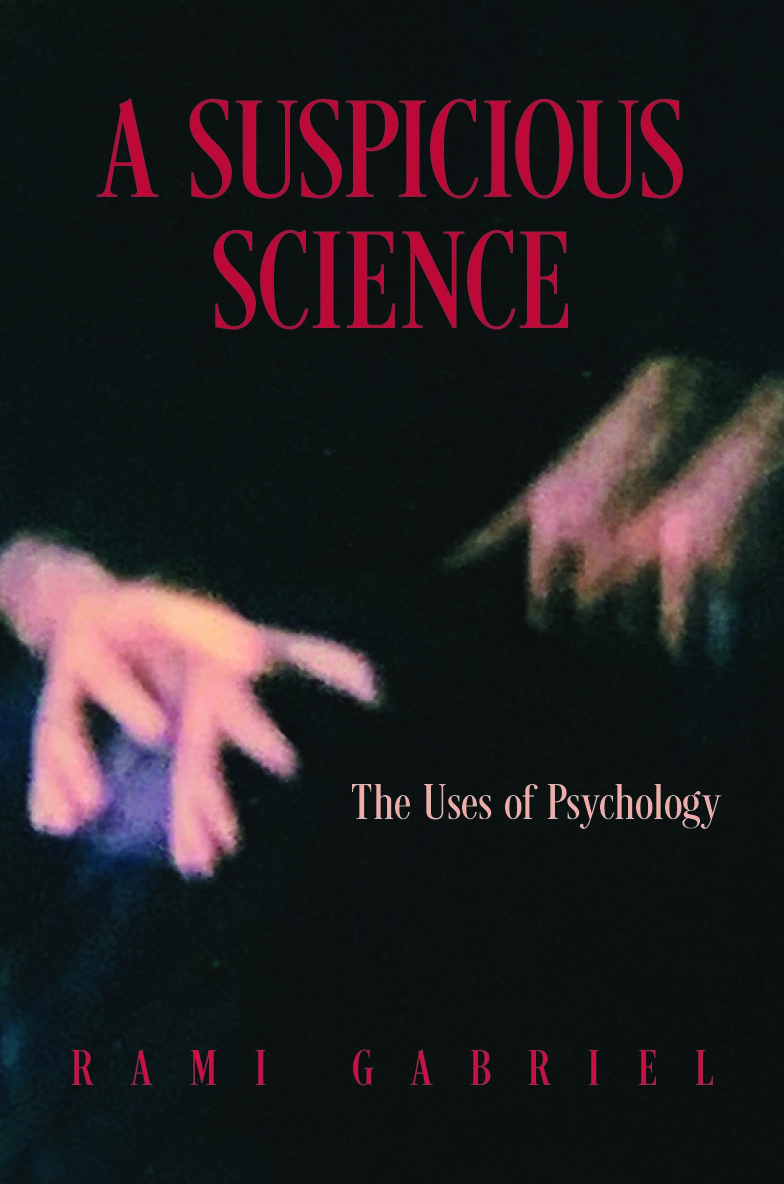Précis of Thinking in Images
Let me start with a couple of examples. Look at the night sky and try to find the Big Dipper. At first, you see an unordered magnitude of astronomical objects. A star chart can guide you in your task. The chart helps you to localize objects in the night sky. …





